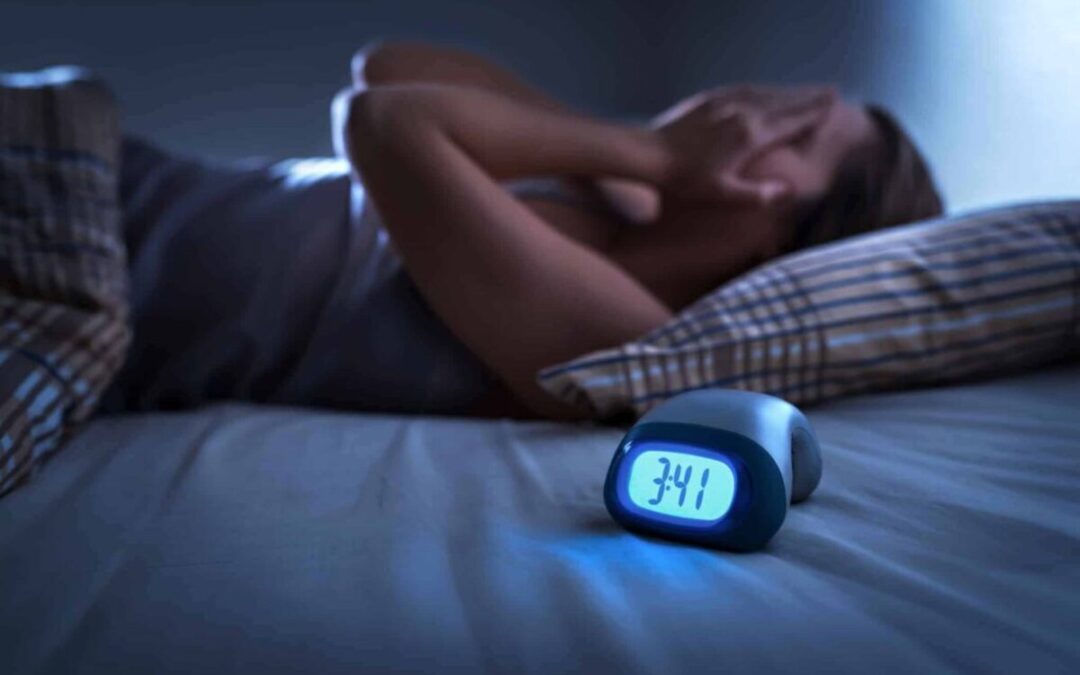Sleep disturbances are common symptoms of traumatic brain injury (TBI). According to the Model Systems Knowledge Translation Center, for those with traumatic brain injuries, 60% experience long-term sleep disturbances. Some studies have found that patients with a TBI injury are three times more likely than the general population to experience sleep disorders. Women who have been diagnosed with a TBI are more likely than men to experience sleep disorders. Long-lasting sleep disturbances can also cause or increase anxiety, depression, irritability, fatigue, and damage a person’s overall health.
Causes of TBI-Related Sleep Disturbances
As mentioned above, sleep-related problems can be among the most severe and disabling consequences of having a traumatic brain injury. Sleep-related problems can be caused by all of the following medical challenges associated with TBI:
- Loss of vascular homeostasis
- Metabolomic alterations
- Impairment of neuronal plasticity
- Disruption of the blood-brain barrier
What Kinds of Sleeping Problems are Caused by TBI?
Patients with mild to severe traumatic brain injuries are at risk for TBI-related sleep disturbances. The following sleep disorders are most commonly associated with TBI-injuries:
- Insomnia disorder: Nearly one-third of adults in the United States have occasional insomnia, while between 6% and 10% meet the requirements to be diagnosed with insomnia disorder. Between 30% to 50% of people with insomnia disorder have experienced a TBI-related injury.
- Hypersomnolence disorder: This disorder affects about 20% of TBI patients in the chronic post-TBI period.
- Narcolepsy: This condition is rarer and happens when the patient begins sleeping suddenly, often while walking or engaged in another activity.
- Restless leg syndrome: This medical condition can be incredibly painful and frustrating. Patients with restless leg syndrome will often wake up from sound sleep while experiencing pain or restlessness in their legs.
- Parasomnias: Parasomnias are a group of different sleep disorders that include unwanted experiences or events happening while the patient is asleep, such as abnormal perceptions, emotions, and behaviors.
- Circadian rhythm sleep-wake disorders: This condition happens when there is a desynchronization between the light-darkness cycle and a person’s internal sleep-wake rhythms. Fixing a circadian rhythm sleep-wake disorder can be incredibly challenging, and it can lead to disorders.
- Delayed Sleep Phase Syndrome: This type of disorder happens when the patient has mixed-up sleep patterns.
- Excessive Daytime Sleepiness: This condition is incredibly challenging because excess drowsiness can make it difficult to maintain gainful employment and conduct activities throughout the day.
- Sleep apnea: This condition happens when a person has short pauses in their breathing while sleeping, causing a reduced oxygen flow to the brain. This condition can also cause frequent waking and loud snoring.
Contact an Experienced Personal Injury Lawyer
If you have experienced a traumatic brain injury caused by another person’s negligence, you may be entitled to compensation. Contact Griggs Injury Law today to schedule your free initial consultation.


